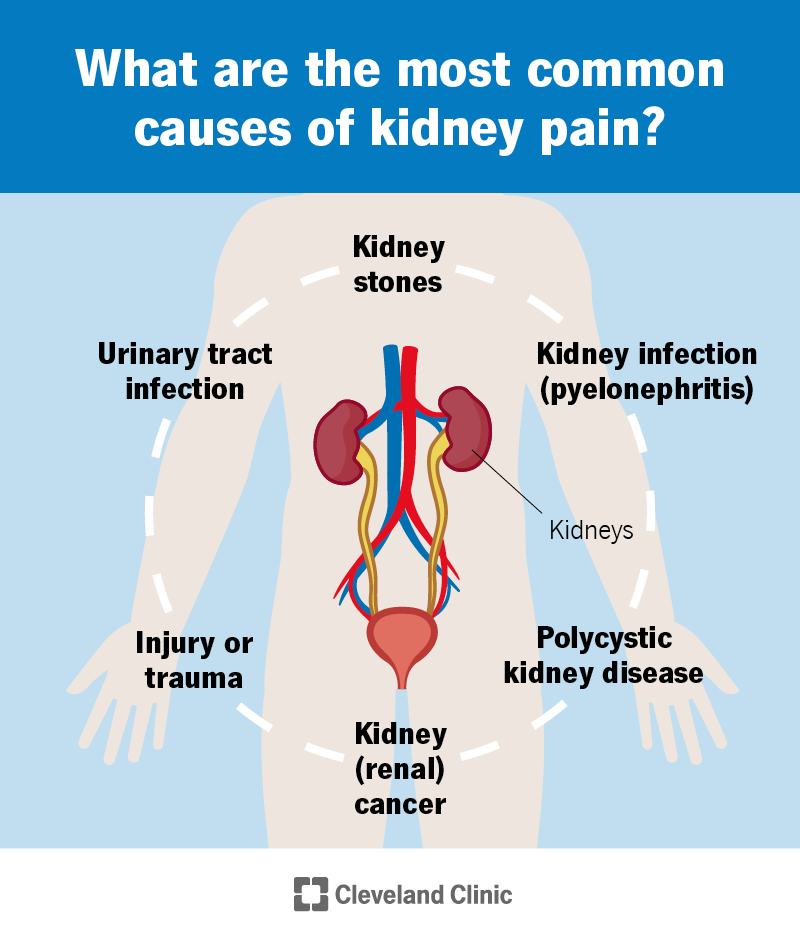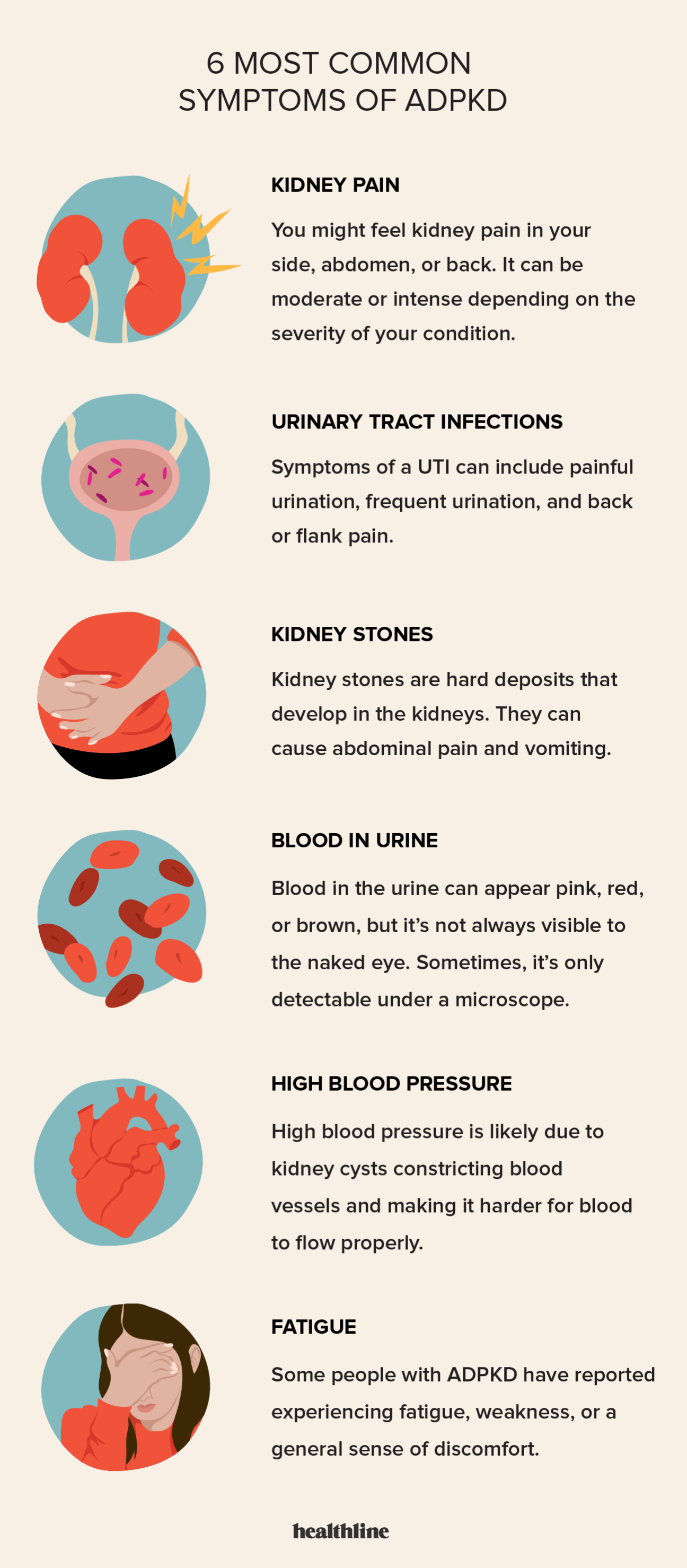Comprehensive Guide to Kidney Stones vs UTI: Medical Diagnosis, Creates, and Alleviation
Comprehensive Guide to Kidney Stones vs UTI: Medical Diagnosis, Creates, and Alleviation
Blog Article
Exploring the Manifestations and Causes of Kidney Stones in Contrast to Urinary System Infections: A Comprehensive Overview
The exploration of kidney stones and urinary system tract infections (UTIs) exposes a complex interplay of signs and symptoms and underlying causes that call for careful assessment. While both problems can result in hematuria, they provide distinctive medical attributes and arise from different etiological variables. Understanding the subtleties of each condition is critical for effective medical diagnosis and monitoring. What are the key differences in their signs and symptoms, and just how might these inform treatment methods? The solution to these questions may supply essential understandings into the prevention and care of these typical urological problems.
Introduction of Kidney Stones
Kidney rocks, additionally called kidney calculi, form when particular compounds in the urine crystallize and accumulation, resulting in the growth of tough down payments within the kidneys. These rocks can differ in size, varying from a grain of sand to a golf sphere, and can be composed of different products, one of the most usual being calcium oxalate, uric acid, struvite, and cystine. The development of kidney stones is influenced by several aspects, consisting of nutritional routines, fluid intake, and hereditary proneness.
Signs and symptoms of kidney rocks may include severe discomfort in the back or side, blood in the pee, queasiness, and frequent urination, specifically as the rock moves through the urinary system. Diagnosis normally includes imaging studies such as ultrasound or CT scans, alongside urinalysis to recognize the rock's composition.
Therapy alternatives vary based on the dimension and sort of stone, along with the intensity of symptoms (Kidney Stones vs UTI). Tiny rocks may pass normally with boosted fluid consumption, while larger rocks might require clinical interventions such as lithotripsy or medical elimination. Understanding the pathophysiology and threat aspects related to kidney rocks is vital for effective avoidance and management
Review of Urinary System Infections
Urinary tract infections (UTIs) are typical microbial infections that affect any type of component of the urinary system, consisting of the kidneys, ureters, bladder, and urethra. They predominantly happen when germs, often from the gastrointestinal tract, go into the urinary system, leading to swelling and infection.
The frequency of UTIs is notably higher in ladies than guys, largely as a result of anatomical differences, such as a much shorter urethra. Threat variables consist of sex, certain contraceptive techniques, urinary retention, and dehydration. The medical diagnosis of UTIs is normally validated via pee examinations, which might disclose the visibility of bacteria, white blood cells, or red blood cells.

Symptoms of Kidney Stones
The discomfort connected with kidney rocks can manifest in numerous ways, frequently leading individuals to seek medical interest. One of the most usual symptoms is severe discomfort, typically localized in the reduced back or side, which might radiate to the abdomen or groin. This discomfort, commonly explained as sharp or cramping, can happen all of a sudden and might rise and fall in strength.
Additionally, individuals might experience hematuria, or blood in the pee, which can range from tiny total up to visible staining. This sign may be come with by modifications in urinary behaviors, such as boosted frequency or necessity, in addition to discomfort throughout urination. Nausea or vomiting and vomiting are additionally common, frequently arising from the body's reaction to extreme pain.
Sometimes, individuals might experience high temperature and chills, especially if a secondary infection establishes as a result of the obstruction triggered by the rocks. In general, the mix of severe pain, hematuria, transformed urinary system patterns, and gastrointestinal signs and symptoms can provide considerable understanding right into the presence of kidney stones, necessitating prompt medical examination and treatment. Understanding these signs is vital for prompt diagnosis and efficient administration of the problem.
Signs And Symptoms of Urinary Tract Infections
Infections within the urinary tract commonly offer a range of distinctive signs that can substantially influence day-to-day live. The most common symptoms include a persistent desire to urinate, commonly come with by a burning experience throughout peeing, referred to as dysuria. People might additionally experience raised regularity of peeing, generating tiny quantities of pee each time.
Various other significant signs include reeky or gloomy urine, which may indicate the visibility of microorganisms or pus. In some instances, pee may appear red or pink due to the visibility of blood, a problem called hematuria. Furthermore, individuals may experience pelvic pain or stress, which can additionally intensify the feeling of urgency.
Systemic signs and symptoms might likewise manifest, such as fever, cools, and tiredness, especially if the infection has risen to the kidneys. It is necessary to acknowledge these signs and symptoms early, as neglected urinary tract infections can lead to extra serious problems. Kidney Stones vs UTI. Prompt clinical attention is suggested when these signs are observed, allowing for appropriate analysis assessment and therapy to ease discomfort and protect against additional health concerns
Root Causes Of Each Problem
Often, kidney rocks and urinary system infections occur from distinctive yet often overlapping causes that my company can impact individuals in a different way. Kidney stones normally form as a result of metabolic factors, nutritional choices, and hereditary predispositions. Boosted degrees of calcium, oxalate, or uric acid in the urine can bring about stone development. Dehydration, not enough fluid consumption, and high-sodium diets can worsen these problems, promoting condensation within the urinary system tract.

Comprehending these unique causes is important for prevention and treatment. Kidney Stones vs UTI. While lifestyle alterations might alleviate the danger of kidney stones, suitable hygiene and punctual therapy of urinary system tract infections are important for reducing their recurrence and linked difficulties
Verdict
In recap, kidney stones and urinary system infections present distinctive signs and underlying reasons. Kidney stones are identified by serious discomfort and metabolic elements, while urinary system tract infections largely involve microbial infections leading to urinary seriousness and pain.
The exploration of kidney rocks and urinary tract infections (UTIs) discloses a complex interaction of symptoms and underlying causes that necessitate careful assessment.Urinary system tract infections (UTIs) are typical microbial infections that affect any type of component of the urinary system, including the kidneys, ureters, bladder, and urethra.Often, kidney rocks and urinary system tract infections occur from distinctive yet sometimes overlapping causes that can impact people differently.In summary, kidney rocks and weblink urinary system system infections present unique signs and underlying reasons. Kidney rocks are characterized by severe pain and metabolic variables, while urinary system tract infections mainly include bacterial infections leading to urinary system urgency and discomfort.
Report this page